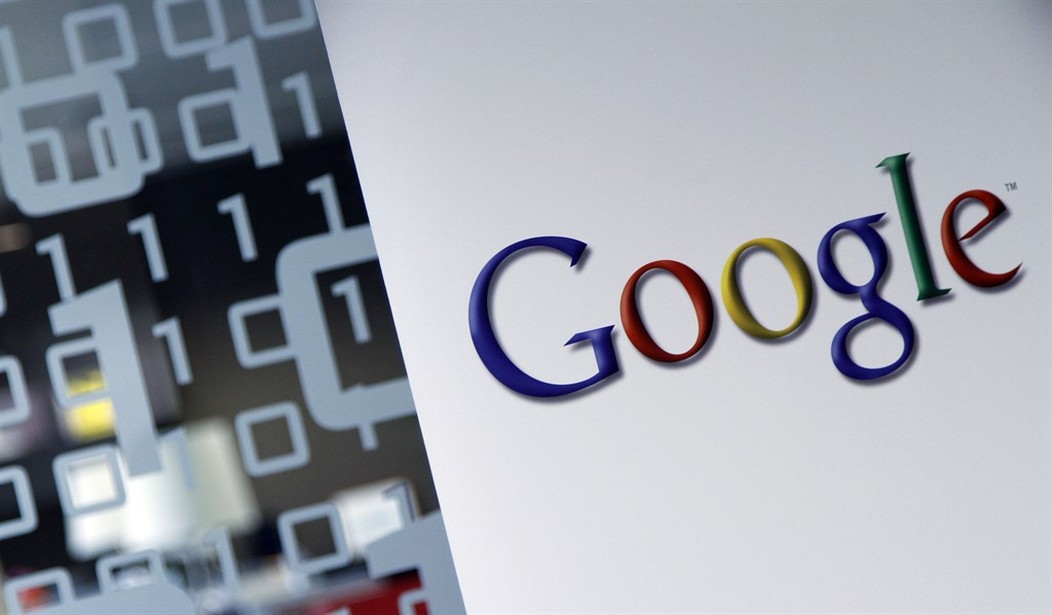Are we returning to a system of economic imbalance to the point where some companies are so big that the government needs to step in either regulate them more harshly or break them up? Jonathan Taplin at the New York Times puts an odd spin on the question this week when he asks, is it time to break up Google?
Taplin begins by pointing out that the top five companies in America as measured by market capitalization have almost entirely changed in the past decade. Microsoft, Exxon Mobil, General Electric and Shell Oil have been pushed out of the top slots by the likes of Amazon, Facebook and Alphabet, the parent company of Google. The author starts with a brief review of trust busting in the era of Woodrow Wilson and speaks of the so called “natural monopolies” which grew in the areas of communications and utilities. But he goes on from there to focus his fire almost entirely on Google, arguing that they are somehow the modern equivalent of the phone companies and need to be more strictly regulated, if not broken up entirely.
Could it be that these companies — and Google in particular — have become natural monopolies by supplying an entire market’s demand for a service, at a price lower than what would be offered by two competing firms? And if so, is it time to regulate them like public utilities?
Consider a historical analogy: the early days of telecommunications.
In 1895 a photograph of the business district of a large city might have shown 20 phone wires attached to most buildings. Each wire was owned by a different phone company, and none of them worked with the others. Without network effects, the networks themselves were almost useless.
The solution was for a single company, American Telephone and Telegraph, to consolidate the industry by buying up all the small operators and creating a single network — a natural monopoly. The government permitted it, but then regulated this monopoly through the Federal Communications Commission.
Trying to compare Google to the early days of AT&T (and later their spin-off, Bell) is a dubious proposition at best and Taplin admits as much, noting, “the internet never had the same problems of interoperability.” But he then turns around literally two sentences later and declares that Google still has all of the characteristics of a public utility. I’m sorry, Jonathan, but you’re going to have to expand on that one a bit further. Precisely how? One might venture an argument saying that pretty much everyone uses the internet, but unlike water, electricity or the sewer system, you’re not going to die in short order without your search engine.
And all of those other systems largely relied on physical infrastructure (power and phone lines, water conduits or sewer pipes) which would be essentially impossible for any competitor to replicate before getting into the market. Conversely, Google actually relies on others for the infrastructure which brings the internet into everyone’s homes. Further, you’d be hard pressed to name one product or service Google offers where other options aren’t available every day. Competitors still start up new search engines (take Bing for example) and there are loads of email options beyond Gmail. If a disproportionate number of users flock to Google, perhaps it’s just because they’re offering a more desirable service at a lower cost… usually free.
So why would Taplin have it out for Google and Facebook? We might get a hint here. (Emphasis added)
It is impossible to deny that Facebook, Google and Amazon have stymied innovation on a broad scale. To begin with, the platforms of Google and Facebook are the point of access to all media for the majority of Americans. While profits at Google, Facebook and Amazon have soared, revenues in media businesses like newspaper publishing or the music business have, since 2001, fallen by 70 percent.
According to the Bureau of Labor Statistics, newspaper publishers lost over half their employees between 2001 and 2016.
Ah… a light begins to dawn. Many in the old guard are clearly upset that the media’s role as gatekeepers, particularly among newspapers, has been challenged in the digital era. They’re even more alarmed that those older business models may no longer be sustainable. But that’s hardly the same as saying that innovation has been stymied or that some sort of monopoly has been established. It mostly comes down to a matter of delivery speed and flexibility, where paper will always lose out to a device which can refresh the content every few minutes. And many newspapers have been fighting back by expanding their digital footprint and finding new ways to monetize their web territory.
If Mr. Taplin wanted to talk about real problems with monopolies in the 21st century he could have, but curiously he has not one word to say about industries such as the airlines. Rapid consolidation has left us with basically three choices in air travel and they’re mostly in bed with each other already. The quality of service has declined with this lack of competition and lower prices have not resulted either. That’s truly a case where physical requirements make it nearly impossible for anyone else to enter the market and compete. Conversely, anyone can start up a new search engine, email service or music streaming operation without having to build a fleet of airplanes and hangers.
If you want to do some trust busting, try looking into some actual monopolies. And the airlines would be a great place to start.







Join the conversation as a VIP Member